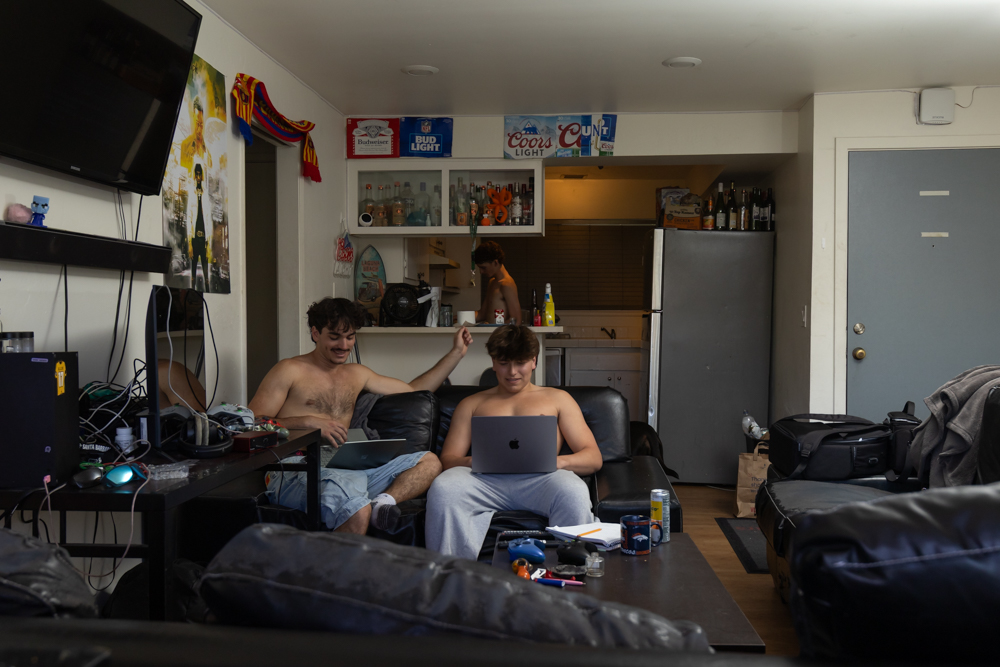As the sun rises over the Santa Barbara coastline every morning, the shimmering waters and crescendoing waves crash to reveal a hub of flourishing aquatic ecosystems and marine life.
While neighboring institution UCSB is an international leader in ocean and environmental research, City College offers its own hands-on experiences and opportunities to explore marine studies and marine diving technology (MDT).
The marine science department’s classes at City College venture beyond the confines of a traditional classroom setting. The department fosters a hands-on learning environment that explores oceanography, marine biology, aquatic ecosystems, and more.
“All we’re doing is being in nature,” marine science professor Michelle Paddack said. “We go to the beach, and we dig up sand crabs. We do whatever we can to make sure that you’re learning from nature.”
According to Paddack, one thing remains clear–working outside in nature is the best form of learning when it comes to her classes and providing students with the most authentic experience possible.
“In my personal ethos, I can talk to you all day about life and nature, but you’re never going to learn better than if you just interact with it,” Paddack said.
Amidst the gentle lapping of waves and refreshing salty breeze while whales watch down the coastline during class, there comes a time when dealing with technology and machinery and working in the classroom becomes necessary as well.
The MDT program at City College includes teaching students about rigging, hydraulics, underwater welding, ocean diving, marine technology equipment, and more–with the intent of introducing students to career paths in marine technology. The marine science department and MDT program are unrelated, although they both offer differing educational opportunities related to marine studies for City College students.
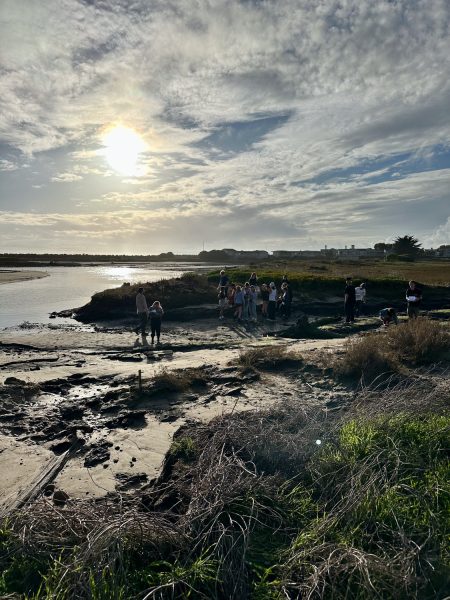
“MDT is a part of the career technical educational programs here at SBCC,” said Dallas Fowlie, adjunct professor in the marine diving technologies department. “The main purpose of this program is to prepare students for the commercial diving and marine construction industry.”
Anyone can enroll in any of the various classes offered in the marine science department, such as biological oceanography or general marine biology. However, the MDT requires students to pass specific guidelines to participate in the program.
“Students must pass a swim aptitude test. This test allows us to visualize each student’s swimming abilities along with their comfortability in the water,” Fowlie said. “Once students pass the swim evaluation, they begin with freediving and scuba diving skills in a controlled environment, and then they move to the ocean.”
Once students pass “diving physics” and specific scuba diving courses, they are introduced to specific elements of marine technology such as “supplied gear,” which is the equipment used for surface-supply diving, otherwise known as a type of diving in which breathing gas is supplied from above the water. Students are also given the option to take “dry” career classes, which include hydraulics, welding, and rigging. Additionally, there is a requirement to be scuba-certified for the program prior to joining.
Once students are enrolled in the program, they have access to advanced marine diving technology and can explore various possible occupational paths.
“MDT is a great path for students looking to utilize pre-existing mechanical skills,” Fowlie said. “Students that are interested in welding, marine construction, or working in the ocean should definitely consider becoming a part of MDT’s program.”
Experience in the MDT program can lead to various job opportunities, including underwater welding, work in marine construction, and more. Likewise, the marine science department aims to connect students with individuals in the marine science industry so that after they transfer, students can easily navigate their way into the industry or research field themselves.
“We try really hard to make sure that there are connections for students who are transferring,” Paddack said. “We’re actually interfacing students with people who are doing research in different fields.”
Through connecting students with current researchers, students are provided the opportunity to explore their occupational interests regarding marine studies and decide what their next steps are when transferring to a university.
The marine science department and MDT program deal with two varying sides of marine studies and opportunities offered at City College. Nonetheless, both offer various ways for students to explore their passion for marine-related studies and take advantage of Santa Barbara’s reputable and lush aquatic life.
“We have really diverse offerings,” Paddack said. “If you love a certain thing, like plants, the ocean, or just being out in nature, you could learn all the concepts of biology by taking [these courses]. We really pride ourselves on specializing and having all those options for students.”
Whether delving into the complexities of ocean ecosystems or mastering the skills necessary for underwater technology, students can find themselves immersed in a world where passion meets opportunity.
Correction: April 19, 2024
A previous version of this story misspelled Michelle Paddack’s last name as “Paddock.” The Channels regrets this error.


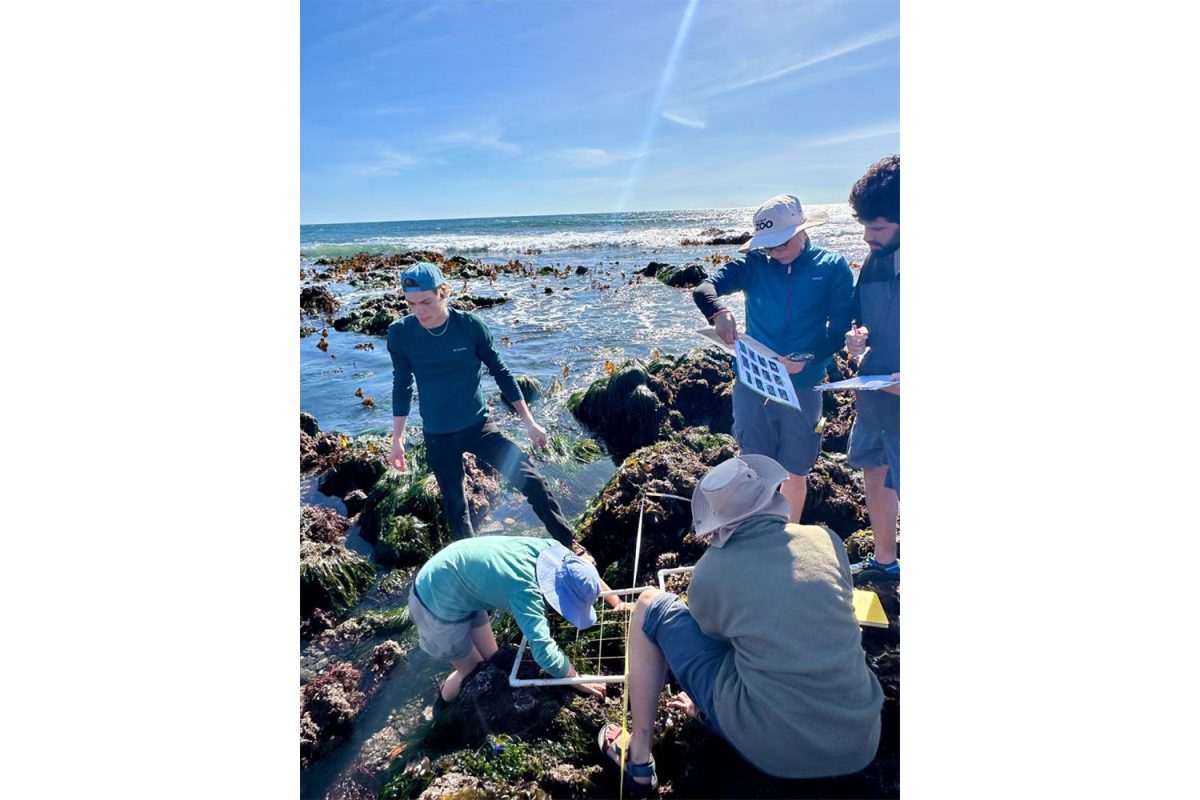

![Milton Alejandro Lopez Plascencia holds a flag showcasing the United States and Mexico on Feb. 7 in Santa Barbara, Calif. “It’s heartbreaking to see what is happening all across the country,” Lopez Plascencia said. “I [want] my voice to be heard by the community.”](https://www.thechannels.org/wp-content/uploads/2025/05/MGSImmigration-1-1200x800.jpg)
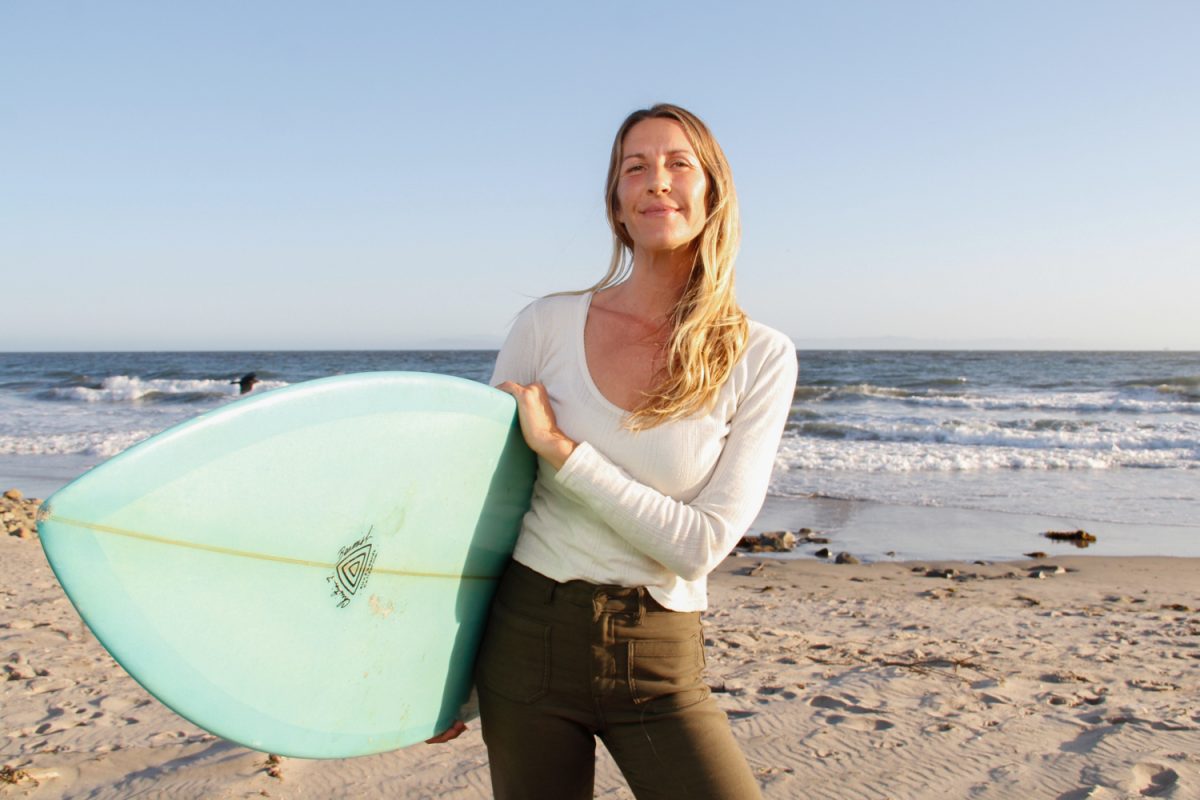
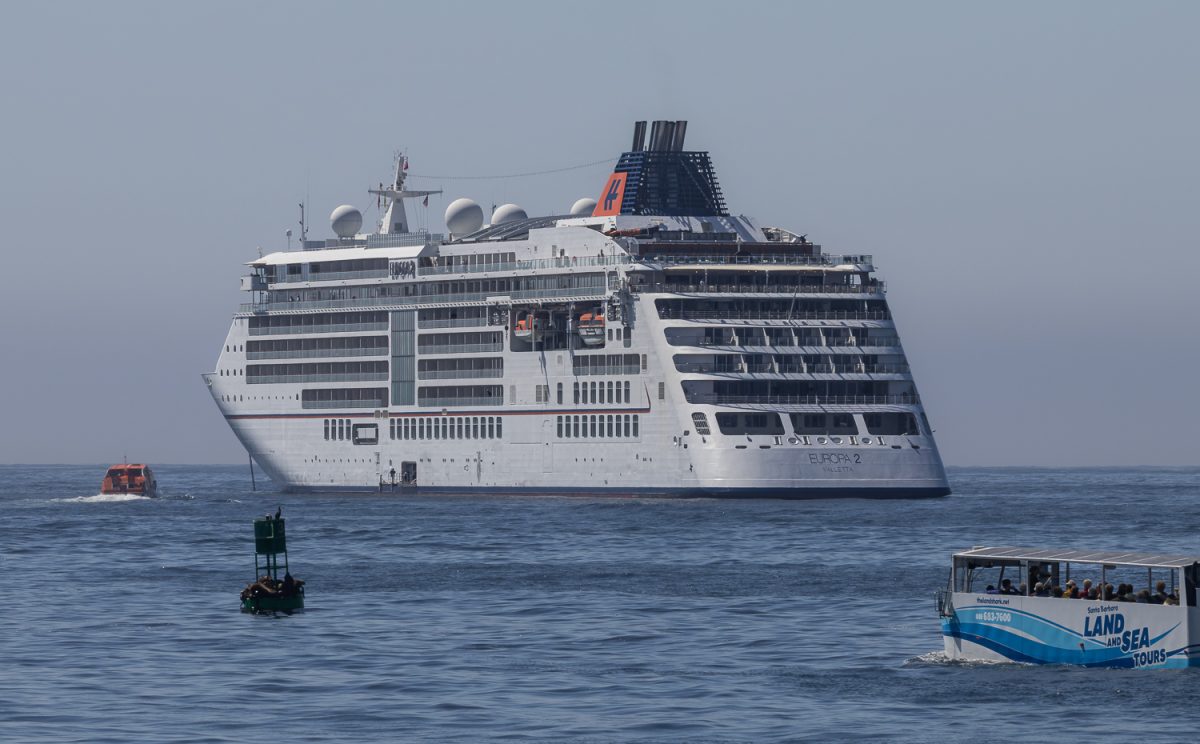
![The new Dean of Social Science, Fine Arts, Humanities and English, Eric Hoffman beams on May 2 in Santa Barbara, Calif. "My major professor in college [inspired] me," Hoffman said. "You can really have a positive impact on people's lives in education."](https://www.thechannels.org/wp-content/uploads/2025/05/MGSHoffman-2-1200x800.jpg)
